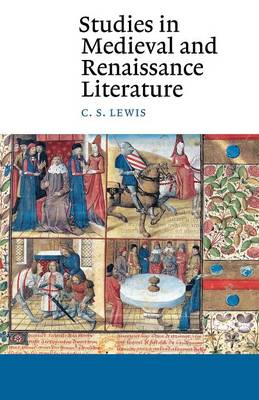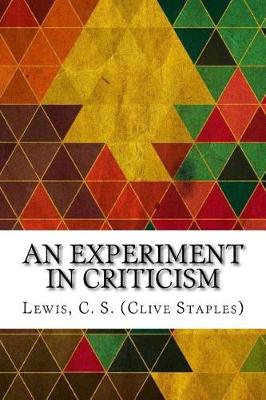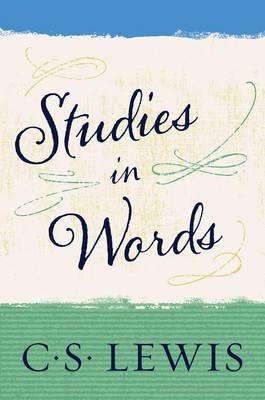Canto
4 total works
This entertaining and learned volume contains book reviews, lectures, and hard to find articles from the late C. S. Lewis, whose constant aim was to show the twentieth century reader how to read and how to understand old books and manuscripts.
Professor Lewis believed that literature exists above all for the joy of the reader and that books should be judged by the kind of reading they invite. He doubted the use of strictly evaluative criticism, especially its condemnations. Literary criticism is traditionally employed in judging books, and 'bad taste' is thought of as a taste for bad books. Professor Lewis's experiment consists in reversing the process, and judging literature itself by the way men read it. He defined a good book as one which can be read in a certain way, a bad book as one which can only be read in another. He was therefore mainly preoccupied with the notion of good reading: and he showed that this, in its surrender to the work on which it is engaged, has something in common with love, with moral action, and with intellectual achievement. In good reading we should be concerned less in altering our own opinions than in entering fully into the opinions of others; 'in reading great literature I become a thousand men and yet remain myself'. As with all that Professor Lewis wrote, the arguments are stimulating and the examples apt.
Language - in its communicative and playful functions, its literary formations and its shifting meanings - is a perennially fascinating topic. C. S. Lewis's Studies in Words explores this fascination by taking a series of words and teasing out their connotations using examples from a vast range of English literature, recovering lost meanings and analysing their functions. It doubles as an absorbing and entertaining study of verbal communication, its pleasures and problems. The issues revealed are essential to all who read and communicate thoughtfully, and are handled here by a masterful exponent and analyst of the English language.
C. S. Lewis's The Discarded Image paints a lucid picture of the medieval world view, as historical and cultural background to the literature of the middle ages and renaissance. It describes the 'image' discarded by later ages as 'the medieval synthesis itself, the whole organisation of their theology, science and history into a single, complex, harmonious mental model of the universe'. This, Lewis's last book, was hailed as 'the final memorial to the work of a great scholar and teacher and a wise and noble mind'.



